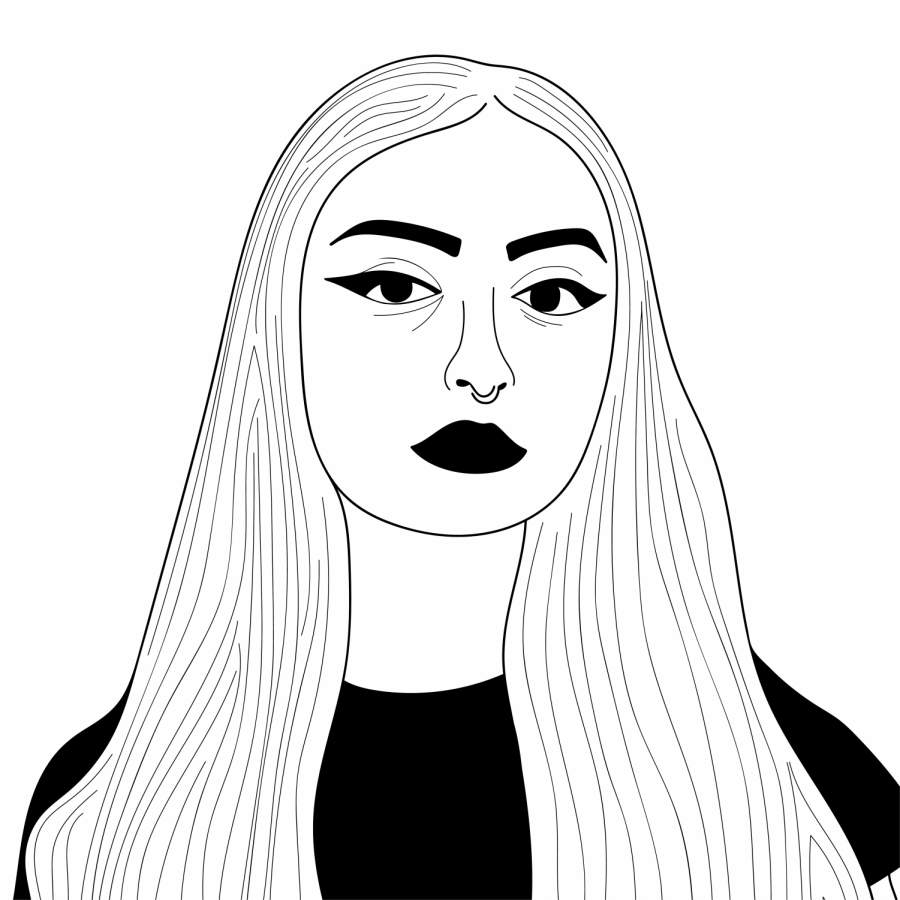As we ring in the third calendar year of the pandemic, our collective exhaustion is palpable.
It seems easier to resign ourselves than to press on: “What’s the point of wearing a mask, or social distancing? Everyone’s gonna get it.”
And with that, masks slip down, enter pockets or are left at home. Gatherings get larger. We’re less tentative about hugs and handshakes.
But the pandemic is far from over. Omicron, the COVID-19 strain that recently replaced delta as the dominant variant, appears more transmissible than previous strains, due in part to its ability to evade the body’s immune system — including those in vaccinated and boosted individuals.
For some, omicron manifests much like a head cold. This isn’t the case for everyone, however, and the immunocompromised and elderly are among those at greatest risk of serious infection. When we use the phrase “everyone’s gonna get it” as justification to pull our masks down, we’re ignoring the fact that some of us are less equipped to fight off infection than others.
“It’s a little annoying,” said Danielle Lundtvedt, a second-year biomedical engineering major. “People are choosing their own comfort over others’ lives.”
Lundtvedt has an autoimmune disease and heart condition that puts her at higher risk of serious COVID infection. To stay safe, she’s vaccinated and boosted. She also puts distance between herself and others when she can: she avoids unvaccinated family members, and she will sit in the very back of the classroom to maintain distance from her classmates, often at the expense of her focus.
On top of putting our immunocompromised community members at risk, simply resigning ourselves to getting COVID would strain our healthcare system even further. This could result in deaths that would otherwise be prevented by timely access to medical care, said Jill Foster, a professor in the medical school’s Department of Pediatrics.
“We’re not at a point of saying ‘whatever’ and just getting it over with,” said Foster.
We’re at a point where we have to make a choice. Do we choose our own comfort, as Lundtvedt puts it, or the health and safety of those around us?
I hate wearing a mask. I really do. But that minor discomfort seems inconsequential compared to the alternative: potentially ending someone’s life by passing on a preventable illness.
Those of us who are less inclined to take COVID seriously might take this moment to throw around statistics, reminding me that “only” 1.3% of COVID cases in the U.S. have resulted in death. Even if we were, as a population, callous enough to simply treat that 1.3% as disposable, there is another component missing from the conversation: long COVID.
The effects of long COVID can vary, and there’s much we still don’t know, including how likely omicron is to result in long-haul symptoms. These symptoms, which can include brain fog, trouble sleeping and shortness of breath, can happen to anyone who has had COVID-19, even if their case was mild or asymptomatic.
“I had COVID at the very beginning of the pandemic and it wasn’t severe and mostly like the flu,” said Foster. “But I still can’t smell or taste normally.”
For those with severe long-haul symptoms, long COVID can be considered a disability under the Americans with Disabilities Act.
We all want this to end, to return to business as usual. Creating a false sense of normalcy, however, will only make things worse. We cannot simply ignore our collective responsibility for each other’s safety.
Lundtvedt said she just wants all this to be over.
“Before COVID I never really thought about myself as immunocompromised,” she said. “It’s felt a little isolating knowing I am a little different from everyone else. I want things to get to a place where I don’t feel so different.”















UMN0001
Jan 24, 2022 at 2:23 pm
No. People are done with it. Period.
If you are concerned about your wellbeing, that is your own problem. You can sacrifice your own comforts.
Life expectancy in the US is almost 80 years. You expect people to stay locked down, sacrifice financially, put goals of traveling, socializing, etc. on hold for now a 3rd year? That’s 4% of an average life that has been controlled to protect others. 70% of us did the vaccine thing. It didn’t work. Our cloth masks don’t work. We are exhausted and we are done.
Everyone will get it. There is nothing you can do except pull yourself out of society. If you can’t make it through, that sucks, but that is life. We only have so much time, and we are done giving it to others.